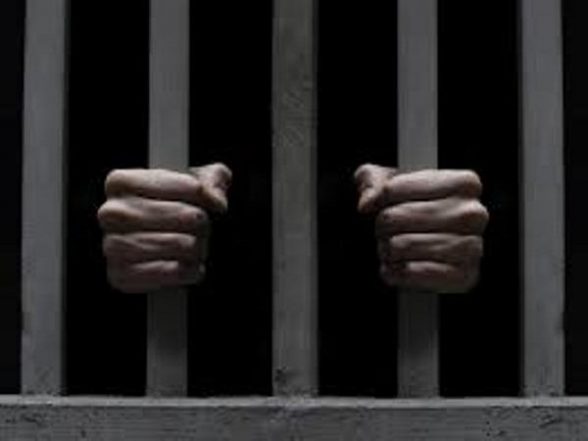[ad_1]
Islamabad [Pakistan], April 22 (ANI): Women in prison face discrimination and abuse in Pakistan. Many women were verbally and physically abused by prison staff and other inmates, and even denied medical treatment, according to The Nation.
A woman’s experience in prison is often one of pain, injustice and dashed hopes. Many Pakistani women endure reality behind prison walls that most of us can only comprehend. To survive, they fight a system that seems to forget about them every day. While their voices have been silenced, their suffering cannot be ignored!
“Arbitrary detention is one of the most pressing issues facing women in Pakistani prisons,” said Samina Shah, an educator, philanthropist and social worker who works to advance women in Pakistan.
She also said that “many women are detained without charge or trial, often due to cultural and social norms that treat women as property and restrict their freedom of movement and association,” adding that this is a clear violation of international human rights standards , which demanded due process and a fair trial for all detainees, according to a report in the Pakistan English Daily by Muhammad Ali Falak.
Read also | The U.S. Supreme Court upholds the use of the abortion drug mifepristone.
Shumaila Kanwal, a 27-year-old woman, died in custody after being arrested on drug-trafficking charges in 2020. Her death has raised questions about deaths in Pakistani custody, which are often linked to abuse and mistreatment by police and prison staff.
According to a Human Rights Watch report, the majority of women in Pakistani prisons are being held for drug-related crimes. These ladies are not drug dealers, but low-level couriers or addicts who are forced to transport drugs. According to the same survey, women in Pakistani prisons face severe barriers to accessing legal advice. According to The Nation, this is partly due to a lack of resources and skills among legal aid organizations, as well as cultural and social attitudes that undervalue women when it comes to legal representation.
There is an urgent need to improve access to legal representation for women in detention. This helps to ensure that women are not arrested arbitrarily and that their rights are upheld throughout the legal process.
It is equally important to address the cultural and social attitudes that lead to mistreatment of women in Pakistani prisons. This requires broader societal transformation to achieve gender equality and women’s empowerment. This can include campaigns to raise awareness of gender-based violence and discrimination, and programs to support women’s education and economic development.
Lack of access to health care only adds to their suffering. This includes ensuring women have access to vital medicines and medical equipment, as well as skilled medical professionals who can provide appropriate care. According to a report published in The Nation, this helps ensure that women do not face barriers to accessing critical treatments and upholds their right to health.
Furthermore, according to the ICRC, many women in Pakistani prisons go untreated for illness and injury, partly due to a lack of skilled medical personnel and poor medical facilities. The World Health Organization is also concerned that women in Pakistani prisons are at significant risk of sexual, physical and psychological abuse.
The COVID-19 pandemic has further exacerbated these problems.
The number of women in Pakistani prisons has climbed by more than 20 percent in the past decade, according to the Pakistan Bureau of Statistics. The trend is worrying because it shows that women in prison are not properly protected.
The issues of women in Pakistani prisons are complex and multifaceted, with serious human rights implications. This requires a multifaceted approach that includes expanding access to legal representation, improving prison living conditions, expanding access to health care services, and addressing cultural and social attitudes that foster abuse against women in custody. Only by working together can we hope to achieve a more just and equal society for all, regardless of legal status or gender, according to The Nation. (Arnie)
(This is an unedited and auto-generated story from a Syndicated News feed, the content body may not have been modified or edited by LatestLY staff)
share now
[ad_2]
Source link



